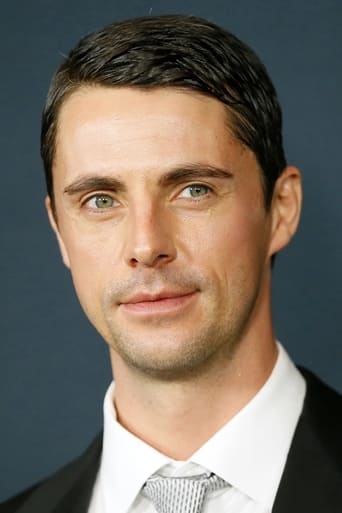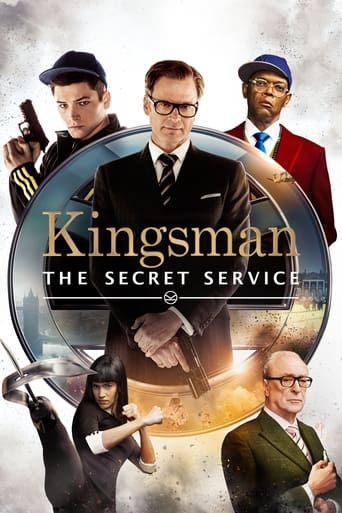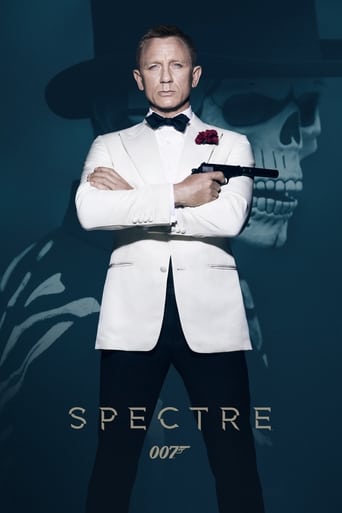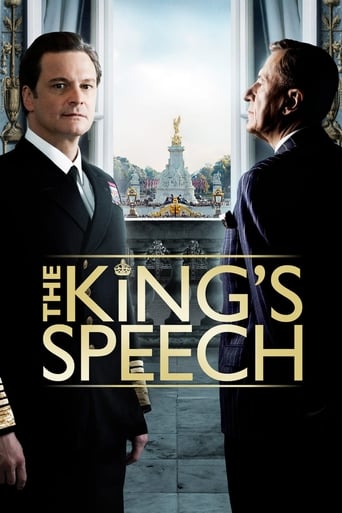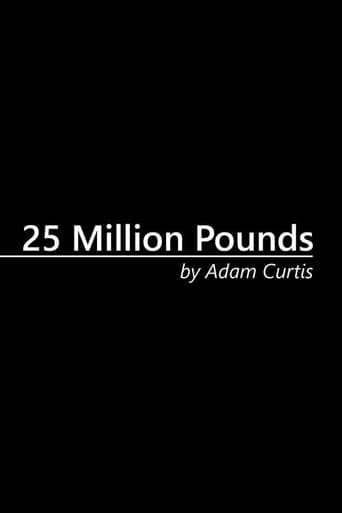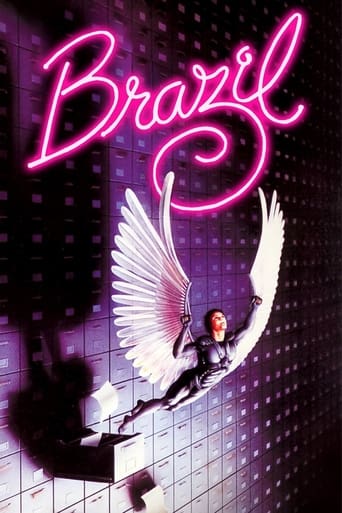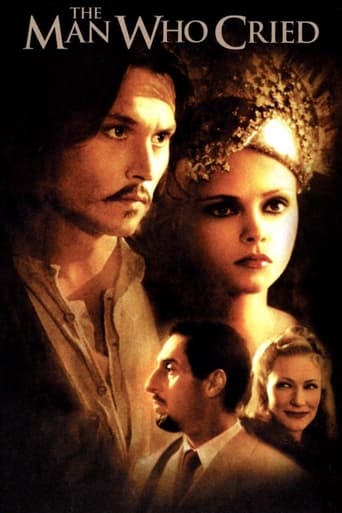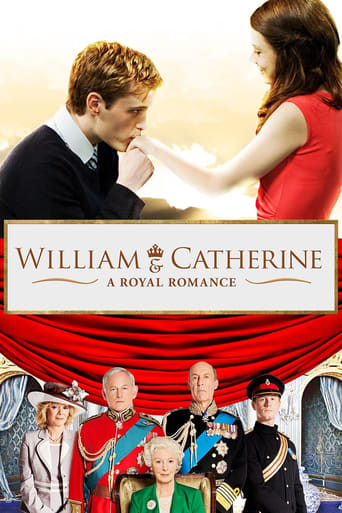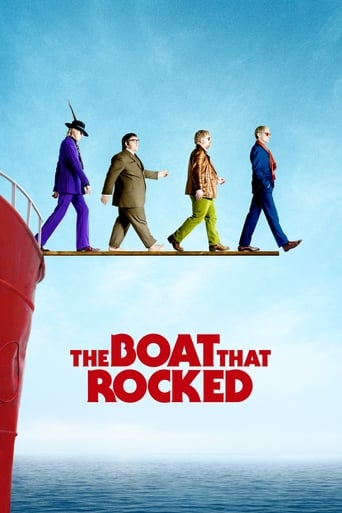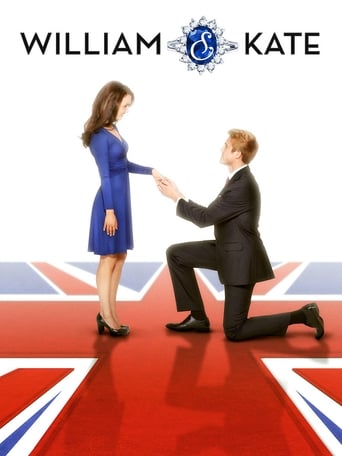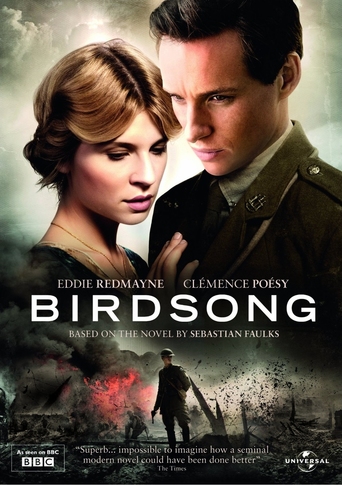

Birdsong (2012)
As an English soldier fights in the horrific trenches of northern France, he is haunted by the memories of his forbidden love affair with a French woman.
Watch Trailer
Cast


Similar titles
Reviews
Terrible acting, screenplay and direction.
A waste of 90 minutes of my life
The film may be flawed, but its message is not.
Through painfully honest and emotional moments, the movie becomes irresistibly relatable
I just watched "Birdsong" on PBS. Didn't know anything about it other than it had Eddie Redmayne in it. His work in "Savage Grace", "The Good Shepherd", and "Les Miserable" sets him apart from other actors of his generation. As does his work here. He pretty much carries "Birdsong" on his shoulders singlehandedly which saved this fairly flawed film. It is a "made for TV product" but on some levels; acting, art direction, and cinematography, it's Oscar material - and then at others like; screenplay, and... well, really just the screenplay, it's a mess. That being said, the essence of what the movie is trying to convey is more than vaulted into the viewers mind and senses. This three hour "thing" I just watched is more of a performance (Redmayne) than a film. Fortunately that worked because Redmayne's performance is a powerful sensory overload that is moving and overwhelming. He could do the whole film without ever uttering a word and you'd walk away knowing; that war is hell, how it ruins people, how it makes heroes of some and distant memories of others, and that the carnage of war can come in the form of a letter from home as lethally as from a bomb or a bullet. I, personally, believe that Eddie Redmayne is one of the most gifted actors working today. It's in his eyes. Every wonderful, horrible, moment. Stephen, the main character played by Eddie Redmayne, is in France on the front line during WWI. He is a harsh and aloof lieutenant. In one of the opening scenes, however, a soldier is fatally wounded and Stephen holds his hand as he is dying and asks him, "do you have a sweetheart", "what's her name", "hold on", "think of the last thing you said to her and the first thing you'll say when you see her again". He knows he'll never see his sweetheart again but maybe this soldier saw her beautiful face in his mind before he died instead of the hellscape he died in. The woman Stephen loved and lost scrolls through his mind constantly. His memory of her is what keeps him alive and believing there will be a tomorrow beyond the hell he is in now. Their story is told, you will see, in recollections and flashbacks during his worst times at war. Those memories are his only grasp on sanity in an insane place. So, this is a war story, and we've seen them before. Right? Right. However, having visited the very moving and sobering Viet Nam War Memorial in Washington, DC, and the American Cemetery in Normandy, France (three times - one of the saddest and most beautiful places on Earth), as effective as those experiences were, they don't, and aren't meant to, convey the terror and madness experienced by those soldiers when they died. This film and its stars, come about as close as one can to showing us what it is like to hold a dying soldiers hand, to be mortally wounded, to see in your mind the faces of the ones you love as your life slips away from you, or how random life and death on the battlefield can be. It's in their eyes. It's especially in the eyes of Eddie Redmayne. So, despite the fact that the script has real problems and the editing not much better (another reviewer mentioned that piano arpeggio "borrowed" from Avo Part's "Spiegle Im Spiegle"? Overdone does not come close to describing how much this plot device was overused), the film succeeds in many ways and on many levels. One of those is the acting from Eddie Redmayne, Joseph Mawle, and Richard Madden. They effectively establish the bond between men who share the life and death experiences of an ugly war. In particular, the storyline between Redmayne's character, Stephen Wraysford, and Joseph Mawle's character, Jack Firebrace, is powerful. It, more than the love story, in the fulcrum of this narrative. Their performances convey what a mind and body are put through when they're at war, and the inevitable carnage that will live in the memory forever of one of them and die with the other. Through their relationship, Stephen becomes a man. And while I don't like doing this, I am going to take issue with some of the reviews I've read here that attack the lead actor based on his looks and acting skill. As for the looks, since when is a soldier supposed to look like anything more than an average guy? Because that's who goes to war. Average, regular, guys. Though I would also take issue with describing Redmayne as "average". He has a compelling on screen handsomeness that is undeniable. As for the swipes at his acting skills, especially that he is "wooden" (?), everyone is entitled to an opinion, I just gave mine, but some of these comments read like they were written by someone using an alias who was up for the lead role and didn't get it. Seriously. Eddie Redmayne can find a perfect pitch in any role he does. His filmography has a varied scope of characters that he has played with a realness that is unparalleled. While others "act", he "lives" the characters he plays on screen. This film is very much worth consideration.
If you've read the book you may be one of those people who get it set in their mind 'as the book' and can't move beyond it, but the book is one thing and the movie another and if you've the ability to consider the worth of both then I believe you'll find value in both. In this review I deal with the movie as I loved the visuals of all of it from the setting of beautiful scenes with lush costuming and sets were magnificent. The costumes thought out each scene to the Nth degree in that they almost told a story them self. Eddie Redmayne costumes suit the scenes of the love story when the love story needs to have a special feel as do all the most extraordinary dress and skirts and blouses of Clémence Poésy. In addition she had a delicate beauty that was perfect for the role while Marie-Josée Croze was perfect as her not the not so beautiful sister, but never-the-less possessed her own sort of beauty with the need element of strength. The was scene were everything you'd expect of war in WWI in trenches that were literally a few feet apart with all the gore and horror and fear you'd expect. Also, the costuming there was amazing as it wasn't exact, as it wouldn't have been under the circumstances, but for the most part it was nearly as perfect as I'd want. Now I'd like to take a step back and talk about Eddie Redmayne. I'd not heard of him until I saw the name attached to the actor who would play Marius in the upcoming version of 'Les Mis'so I looked him up, found a movie he was in to watch and came away from seeing it wondering why him in either this story or in Les Mis. Suffice it to say he does not have you classical good looks. BUT, after watching the BBC version of 'Birdsong' he won me over. He is one outstanding actor, with the unbelievable subtle expression he makes using not only his entire face, but just his eyes alone. He was, simply put, beyond belief and will be perfect as Marius, but back to his playing Stephen Wraysford. He play the full range of the character to perfection. I even found myself finding him a beautiful man even though not typically so ... All things considered it may not be a perfect copy of the book, but it stands on its own and that's what counts.
In 'Birdsong,' which is overall dismal, self-indulgent, plodding, and almost lethally dull, there is one good thing, just one: Marie-Josée Croze, whose acting in this miniseries made her character, Jeanne, stand out to convince the audience that, among the series' other bloodless uninteresting characters, Jeanne alone is flesh and blood, heart and soul - a genuine, fully-dimensioned human being jam-packed with sense and emotion. Ten stars, then, for Ms. Croze's performance.To my wits and sense the rest of the characters appeared to be cardboard cutouts - yes, even Jack Firebrace, who struck me as inhabiting the BBC's stock role of the working class stand-in who delivers the BBC's notional ration of the homely wisdom of the Great Unwashed whom the bien pensant of the BBC unfailingly show themselves to hold in contempt, except when it suits the British political class's worship and imposition of dead dull Marxist tropes.Great, memorable filmmaking succeeds at showing that less is more. 'Birdsong' lavishes an immense surfeit of less, bereft even of the pretense to have even lethargically hinted at more.
My main positive point is that this was a visually beautiful production from the title typography onwards. It would be hard not to manage effective monochromes in the khaki-and-dirt scenes in the trenches, but the subtle control of a limited color range extended to the scenes of opulence and rustic contentment as well. What else? The women were beautifully cast, especially the two sisters, who really looked alike. And I certainly share the acclamation for Joseph Mawle, who outshone Eddie Redmayne (a fine actor woefully miscast) in the main role.Nobody has mentioned the dreadful music: a three-note figure repeating endlessly in a vaguely minimalist texture, whether appropriate or not. My main quarrel, however, is with the adaptation of a one of my favorite novels of all time. I remember the book principally for the incredible reality of mining in tunnels under the enemy lines — something that interested me a lot since my father was also a lieutenant of sappers at the same place and time. Nothing of this came over in the movie, however, which took place almost entirely in broad, beautifully lit underground corridors.Faulks constructs his story in three time periods (1910, 1916-19, and 1978), interweaving in clearly delineated sections. I can understand the decision to omit the modern story, but the scriptwriter compensated by alternating the prewar and wartime scenes in short takes that combine to occupy an imaginary space in which nothing seems real. I must say, however, that I got a stronger sense of the prewar romance than I had from the book (and watching on American television, I was spared that anachronistic oral sex). But the main loss from the modern story was the wonderful way in which Faulks ties everything up; the television ending was so limp that I couldn't believe the movie was over.


